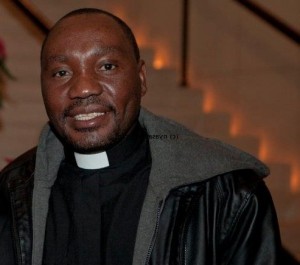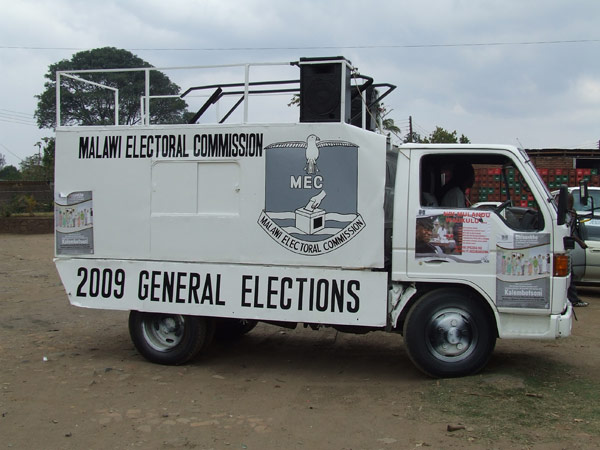The Malawi Electoral Commission will soon rollout registration of eligible voters for the 2014 Tripartite Election. The Commission will be coming up with a new voters’ roll and this means everyone will be required to register whether they registered before in 2008 or not. This means the current voter cards will become irrelevant as new ones will be issued.
Registration of voters is one of the biggest and most expensive activities in the electoral calendar. It could also be the second biggest event involving the citizens that occurs in the country after the population census.
But why should eligible voters register? Why not just allow everyone come on the day of voting? Since indelible ink is used, can poll staff not know who has voted and who has not by just checking at the fingers?
There are many reasons why registration is conducted ahead of an election and the first one is to enable people to vote. Anyone whose name is not appearing in the register is not allowed to vote.
The other reason for registering is that it helps the Malawi Electoral Commission in planning for elections. With the voters’ register, the Commission knows how many eligible voters will cast their votes at a particular centre as such it is able to determine the number of ballot papers to be printed and number of polling staff and materials that will be needed. In past elections poll streams were having a maximum of 1200 voters and if the Commission knows the total number of registered voters at each and every centre this will help determine number of streams to have at that particular centre. If a centre has several thousand registered voters, it can be cumbersome and delaying if all of them are to vote in one stream. This can be avoided if the total number of registered voters is known and logistics are put in place to support the optimal number of streams for the centre. For the 2014 elections, the Commission has reduced the number of registered voters per stream to 800 with an aim of ensuring that voting ends in good time.
Elections are not for the participation of everyone but only the eligible. So it is only by having a voters’ register that the ineligible can be stopped from participating.
Those who wish to contest in an election also need to register. The law is very clear on the eligibility of candidates that they should be registered voters. You do not necessarily need to register in a ward or constituency you want to contest but just be a registered voter. There have been challenges before faced by the Commission with persons in the Diaspora who just come at the time of nomination to present their papers. If anyone in the Diaspora wishes to contest in the 2014 elections, they will need to come back home to register when registration commences.
The law also provides that nomination of candidates for Parliamentary candidates should be supported by signatures of 10 registered voters from the constituency the candidate wishes to contest. For presidential candidates the requirement is that the nomination be endorsed by 10 registered voters in each district. For Local Government Elections, the nomination forms needs to be signed for by 10 registered voters in the ward in which the person wishes to contest. With this prescription by the law, if one does not register they are denying themselves an opportunity to endorse a candidate of their choice for any of the three elections.
Having a voters’ register also helps in determination of credibility of results. It could definitely raise suspicions if the number of votes cast is more than the total of registered voters.
Of recent there have been added benefits of being a registered voter like the opportunity of using the voter identity card at the bank and when getting social services.
So go out and register when registration starts in your area. Remember you need to register in the ward you are residing in.





No comments! Be the first commenter?